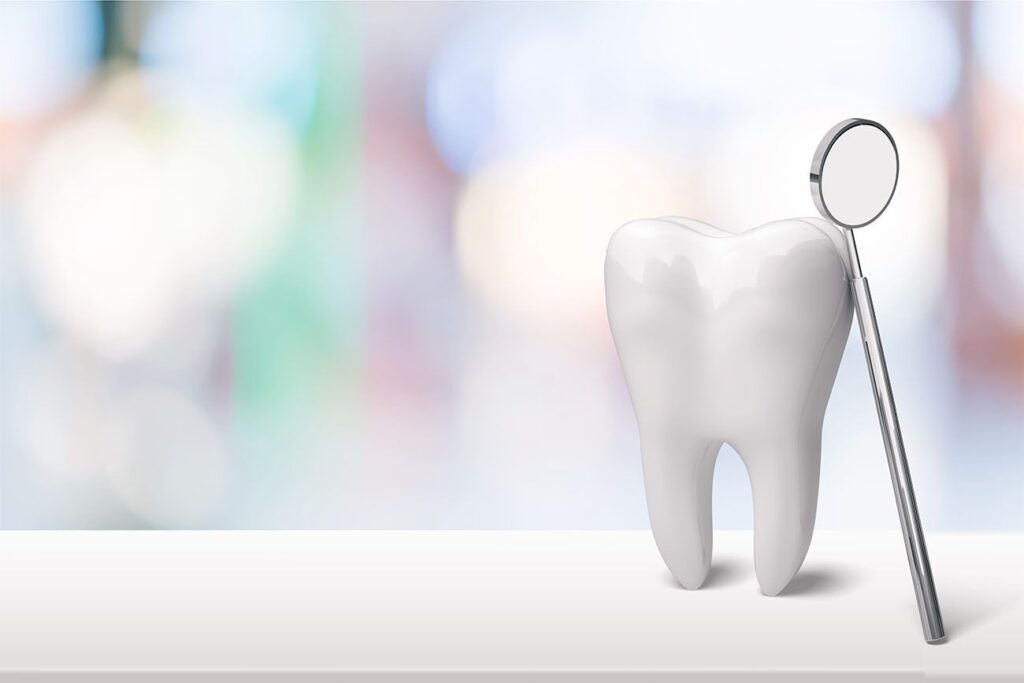Enamel erosion might sound like a harmless term. But, its effects on your teeth are far from benign. If you don’t catch the early signs of dental erosion, you may be at risk for many significant dental health issues. Luckily, there are several treatment options that can restore your smile. On the other hand, you can try to avoid dental erosion altogether to protect your smile.

What is Enamel
Enamel, the protective outer layer of your teeth, is like a sturdy shield. It safeguards your teeth from the daily grind of eating, drinking, and biting. Its smooth surface keeps bacteria at bay and prevents sensitivity. However, this resilient armor isn’t invincible. Also, enamel can’t grow back once it is destroyed.
The Culprits
Enamel erosion occurs when the acid levels in your mouth skyrocket. The sources of this acidic assault are numerous – from the citrusy punch of your morning orange juice to the bubbles of your favorite soda. Even seemingly innocent habits like sipping on lemon water throughout the day can contribute to the erosion saga.
Of course, enamel erosion can occur naturally with age. For some people, they genetically have thinner enamel, which can wear away faster. Finally, certain habits like chewing ice or teeth grinding can physically wear down enamel.
What Happens with Enamel Erosion
Beyond the look of your smile, you can experience some other unwanted side effects.
Tooth Sensitivity
The gradual thinning of enamel exposes the sensitive dentin beneath, making your teeth susceptible to discomfort. You may notice this more when consuming hot or cold foods. It’s like removing the insulation from a wire – your teeth lose their protective barrier.
Yellow Teeth
As enamel erodes, the underlying dentin, which has a yellowish tint, becomes more visible. This can result in the yellowing of your teeth, impacting the look of your smile. You may desire to ask your dentist about whitening options.
Increased Cavities
Enamel erosion weakens the tooth structure. This creates an ideal breeding ground for cavities. Without the robust shield of enamel, your teeth become more vulnerable to bacteria.
Chipped and Cracked Teeth
Weakened enamel is like a cracked foundation. It compromises the structural integrity of your teeth, increasing the risk of chips and cracks. This can also escalate into more severe dental issues if left unchecked.
Avoid Enamel Erosion
While your dentist can treat dental erosion, it is best to avoid it in the first place. One way that you can do this is to limit the amount of acidic foods and drinks. When indulging in them, use a straw to reduce contact with your teeth and rinse your mouth with water after.
Also, you can enrich your diet with things like calcium and phosphorus. These play a crucial role in the strength and resilience of your enamel.
Finally, you should schedule regular dental checkups to catch enamel erosion in its early stages. Your dentist can also provide advice and treatments to avoid the effects of erosion.
